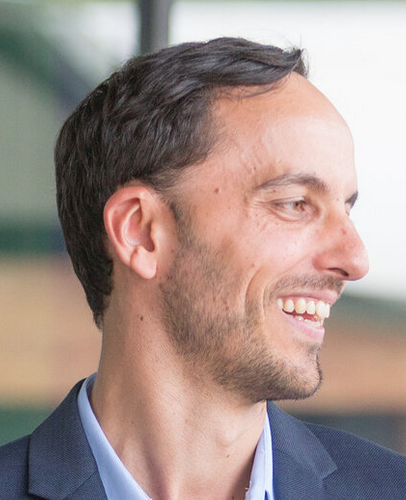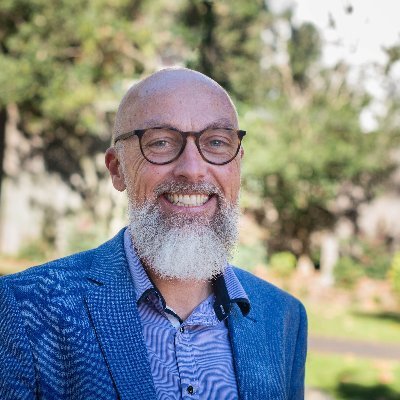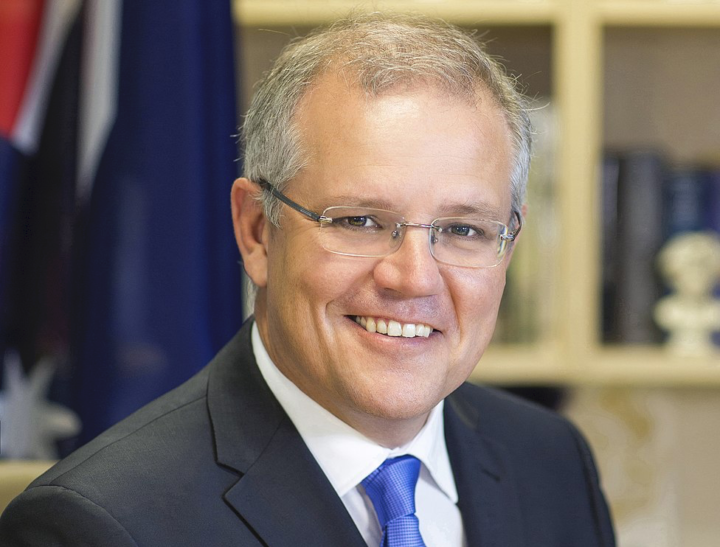Same-sex marriage is not the final frontier against homophobia
Social commentator Akos Balogh provides an analysis of LGBTI advocate Benjamin Law’s vision for society, one that goes much further than simply redefining marriage
How might society change if Same-sex Marriage (SSM) were legalised? Well, we’ve caught a glimpse over the last few weeks.
A public petition (since pulled down) was signed by 5000 people calling for the deregistration of Sydney doctor Pansy Lai, who publicly opposes SSM. Violent protests disrupted a peaceful ‘No’ campaign at Sydney university. And a teenage contractor was fired for posting her opposition to SSM on Facebook. Yes, these actions were carried out by grassroots-level supporters of SSM. But a recent essay published in the high-brow The Quarterly Essay by Fairfax columnist Benjamin Law confirms that at least some high-profile LGBTIQ advocates share similar goals.
Law writes about the Safe Schools program in his 20,000 word essay. And in it he gives a glimpse of his ideal version of the future – particularly for schools, but also for Australian society at large. No matter what side of the debate you’re on, his essay is worth considering. Especially as we cast our vote on the future of marriage.
Here are 5 things that stood out to me in Law’s essay:
1) According to Law, opposition to SSM is, by definition, homophobia
This has major implications for those who don’t agree with SSM.
Law thinks that opposing Same Sex Marriage is by definition homophobia:
“It might be stating the obvious, but same-sex marriage is far from the final frontier in the battle against homophobia.”
This raises a number of urgent questions:
If opposing SSM is homophobic, what will happen to people and organisations who hold to the traditional definition of marriage, if SSM becomes legal?
Will Christians in schools, workplaces, and in public be penalised for holding to traditional marriage – what Law considers a ‘homophobic’ view?
Law doesn’t give an answer. But considering the current postal vote, it’s a question that needs answering sooner rather than later. As I talked to (non-Christian) neighbours about the postal vote, many shared how they feel intimidated by the ‘Yes’ campaign. And as mentioned above, we’ve seen numerous examples of ‘Yes’ campaigners bullying those opposed.
And all this when traditional marriage is still the law of the land.
2) Law believes SSM is ‘far from the final frontier in the battle against homophobia’
There’s more to come.
Law believes that Australian’s are still homophobic, even though a majority support SSM:
“We’ll [i.e. LGBTIQ people] tell you that although we may not get the shit kicked out of us as much anymore, homophobia is deep in the marrow of this country.”
“And so, legalising same-sex marriage is not enough: it’s not the final frontier in the battle against homophobia.”
He doesn’t explain what that ‘final frontier’ might look like. But it does involve the Safe Schools program.
It’s worth noting that many in the media and in the ‘Yes’ campaign keep telling us that SSM is only about love. And that any concern about the downstream consequences of legalising SSM is a ‘red herring’, distracting us from this key issue of ‘love’. In the Weekend Australian, Professor Peter van Onselen wrote:
“A red herring tends to be a logical fallacy or a literary device used to distract an audience. Most of Tony Abbotts arguments in this debate have involved the use of the red herring. He argued that if you don’t like political correctness you should vote no…The list goes on.”
But considering Law makes plain that there will be further consequences for society if SSM is legalised – in terms of trying to rid society of homophobia – is it really a ‘red herring’ to discuss such consequences?
3) Law admits that Safe Schools (rightly) teaches Queer Theory to school kids
I find it odd that Law criticises those, ‘”…who are still railing against a queer ‘agenda’ or ‘ideology’,” yet he admits that the Safe Schools program openly teaches children Queer Theory:
“Queer Theory invites people to reconsider why anyone should be obliged to identify as female or male at all. Given that its central intent is to destabilise, it’s understandable that many find queer theory profoundly unsettling. It’s why Miranda Devine and others are upset that All of Us teaches concepts like “heterosexism” to children.”
But it’s not just social conservatives like Devine who are upset by Safe Schools:
“It’s also why [transgender activist] McGregor would resist and reject queer theory. If gender ceases to matter, or if the line between male and female is challenged, that poses an existential threat to her capacity to affirm her gender as wholly female, without caveats or ambiguity.”
The teaching of Queer Theory to children – including gender fluidity – is the main reason why so many parents (including non-Christian parents) are upset by the program. This is not surprising. Law admits that Queer Theory is ‘profoundly unsettling’.
First published on Akos Balogh’s blog. Click here for more articles.
In accordance with s 6(5) of the Marriage Law Survey (Additional Safeguards) Act 2017, this communication was authorised by Michael Kellahan of Sydney for Freedom for Faith.




